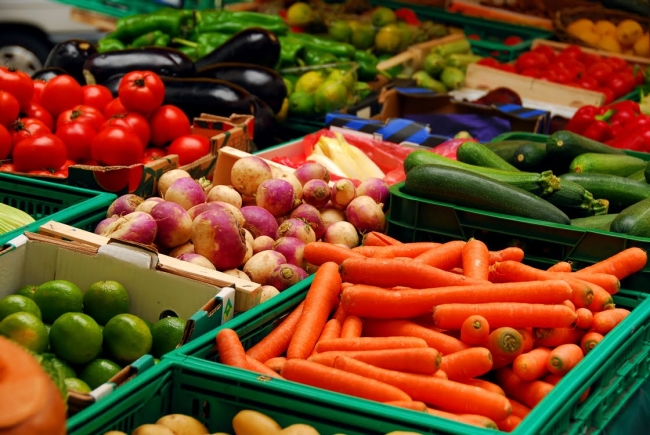
Inflammatory bowel disease is primarily of two types, Crohn’s disease and ulcerative colitis. In this aliment, inflammation in the digestive tract disturbs the bowel movements. Primary symptoms include fever, cramps in abdomen, bloody diarrhea, and fever. As it becomes difficult for the intestines to absorb all the nutrients from the food we eat, some people also suffer from weight loss in this disease. You need to eat healthy and for that you need to know what to eat and what to avoid. There are certain foods that must be avoided as they can worsen your condition. To make up for the deficiency of nutrients you must consume high-calorie and high-protein diet. Meanwhile, you must know how a particular food can cause what kind of problem for you. The one rule that you must remember in inflammatory bowel disorder to suppress the inflammation. Also make sure that you consume enough vitamin and mineral supplements. Inflammatory bowel disorder is not that lethal disease still if proper precautions are not taken at the right time, it can cause temporary to permanent damage to the digestive system. To help you deal with this disorder, we have listed foods which must be avoided if you have inflammatory bowel disorder.
Caffeine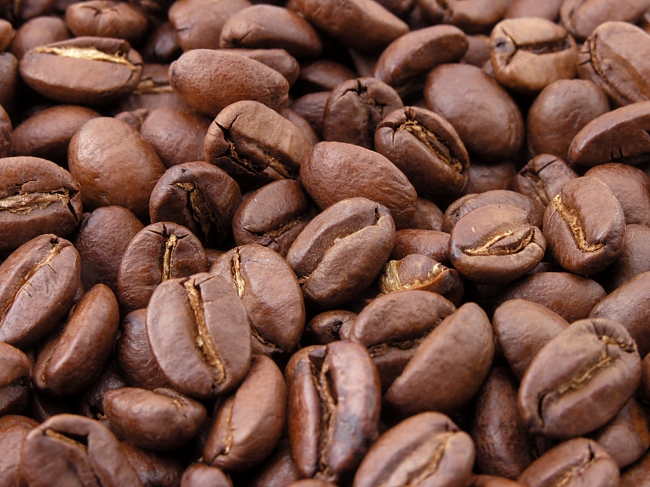
When you suffer from inflammatory bowel disorder, caffeine is a strict no for you. It not only draws water out of your system but also acts as a trigger to bowel moments. Moreover, it also causes dehydration by drawing water out of your system. So, avoid any caffeinated tea, coffee, chocolate or other caffeinated beverage as they can create havoc when suffering from inflammatory bowel disorder. The sugar content in these drinks further worsens the condition by disturbing the PH balance of the intestine linings and releasing heat. Try having herbal tea and save your body from getting robbed of essential fluids.
Carbonated beverages
The fizzy and bubbly carbonated beverages can be bliss in taste during summers but must be avoided if you are suffering from inflammatory bowel disorder. Carbonated drinks are full of tiny little air bubbles. So, when you gulp down a sip of it, you are actually swallowing excess amounts if air. This air causes flatulence in the stomach further worsening the condition. In inflammatory bowel disorder, the linings of the stomach become sensitive and this air can causes irritation. If you find it hard to resist the temptation of having a fizzy drink on a hot day, try sipping it slowly. Let the fizz die out and enjoy your icy cola. Simple precautions can help you reduce the symptoms and affects of inflammatory bowel disorder to a large extent.
Alcohol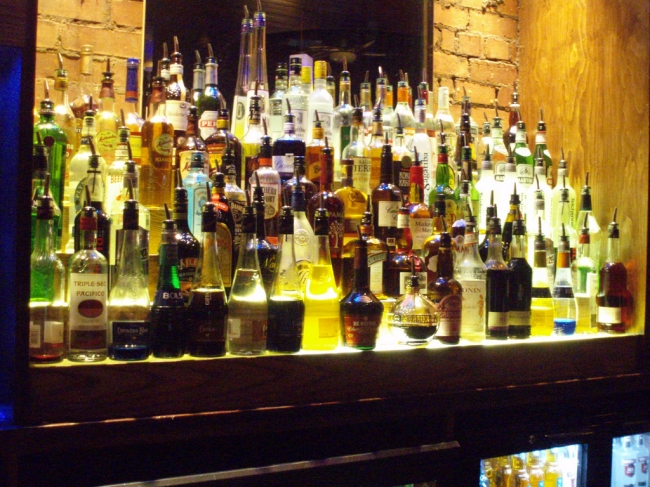
Alcohol should not be consumed during inflammatory bowel disorder for more than one reason. Alcohol is a fermented form of glucose. When we consumer alcohol, it breaks down into glucose during digestion releasing large amount of energy and heat. In addition, alcoholic drinks act as stimulants and exacerbate the intestines. It also dehydrates the body and can even cause diarrhea if consumed regularly in such condition. Alcoholic beverages absorb the vitamin compounds in the stomach and intestinal lining as it heavily impairs the body’s ability to break down. Alcohol also lowers the immunity level of the body, thereby, making it more susceptible to several other aliments. If you are one of those who are habitual to drinking, then have white wine instead of red ones.
Milk products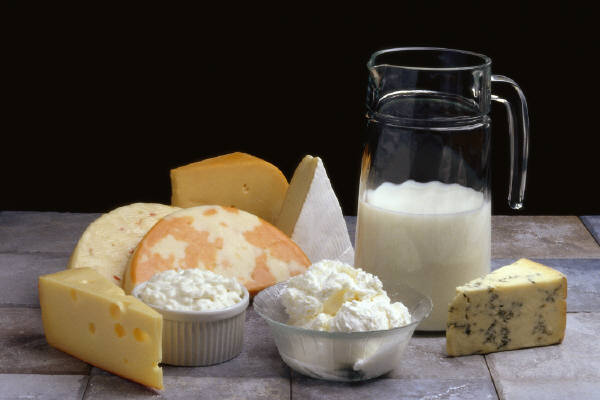
Many people believe that consuming milk products during inflammatory bowel disorder is no harm. Contrary to this notion, milk products can aggravate the aliment. During inflammatory bowel disorder, the stomach linings become sensitive to lactose. Milk not only causes slight irritation but also releases large amount of energy. It also disturbs the pH balance of the intestines and cause gastric problems. The oil and sticky nature of milk also aggravates the situation further. Try cutting back your dairy intake when suffering form inflammatory bowel disorder. Instead consume other calcium rich food including salmon, green vegetables and orange juice.
Beans and legumes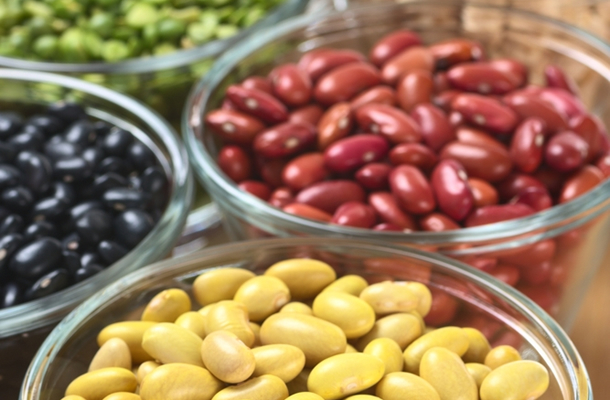
If you find it difficult to digest beans and legumes, then proceed with caution when suffering from inflammatory bowel disorder. Beans and legumes including garbanzos and pintos which are rich source of essential nitrogen, protein and vitamin B12 can cause uncomfortable bloating and gastric problems. In inflammatory bowel disorder, the stomach digestive system gets weakened. Digesting legumes and beans in such condition can be a difficult task altogether for your digestive system. As these are very good source of essential vitamins and minerals, try prolonged cooking to make it easily digestible. You can also opt for canned beans and purred beans. Rinse them well and cook properly to remove sugars before cooking.
Stringy vegetables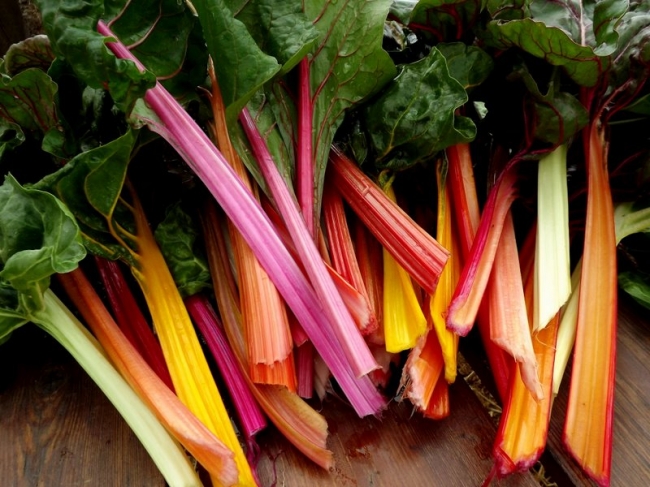
It is essential to understand that inflammatory bowel moment weakens the digestive system and increases the sensitivity of stomach linings and internal tissues. Anything that is hard to digest or causes irritation on the stomach linings should be avoided. Stringy vegetables especially broccoli, sprouts, onion and cereals are hard to digest and absorb. So, these must be avoided in inflammatory bowel disorder. Rather go for delectable, low on fiber green vegetables steamed, baked or roasted according to one’s taste and preferences.
Seeds, skin and pellets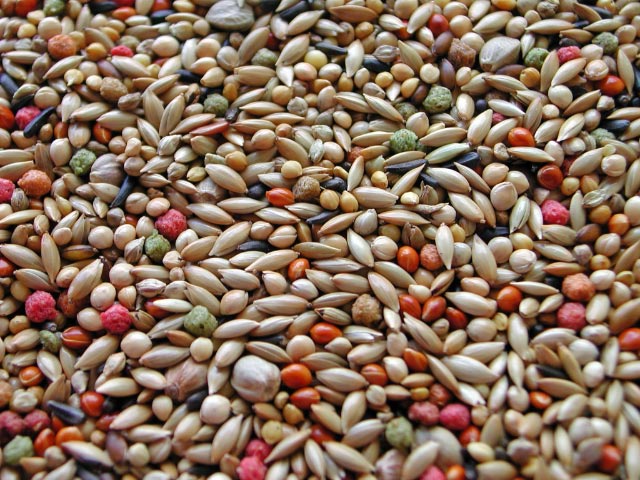
As discussed above, food that causes irritation in the lining of stomach and intestines must be avoided in inflammatory bowel disease. Seeds, skin, pellets and similar food are hard to digest and cause irritation in the internal wall of stomach and intestines as they shove their way through the digestive tract. Avoid fruit seeds, dried fruits, fruit skins, spongy pithy food and fruity pellets such as pomegranate or corn. The one rule that you must remember in inflammatory bowel disorder to suppress the inflammation. You need to eat healthy and for that you need to know what to eat and what to avoid. There are certain foods that must be avoided as they can worsen your condition. To make up for the deficiency of nutrients, you must consume high-calorie and high-protein diet. Also make sure that you consume enough vitamin and mineral supplements. These can also cause stomach ache and gas problems. Before consuming these seeds, skins or pellets, try boiling them to soften the exterior coating, thereby, making these easily digestible.
Wheat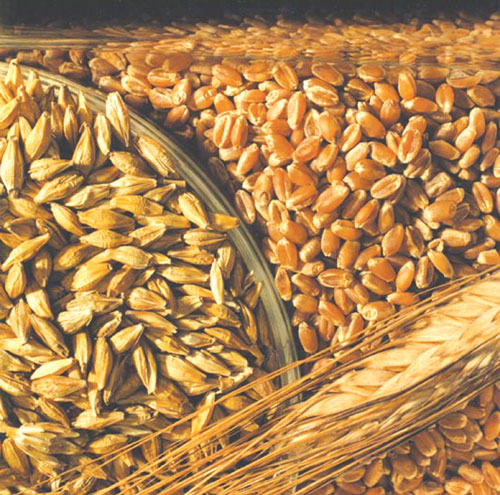
It is an established fact that people suffering from inflammatory bowel disorder feel allergic to wheat. Even if you don’t, avoid consumption of wheat. Wheat needs a good digestive system to break it down and during the aforementioned aliment, the ability of the body to do so reduces considerably. Moreover, wheat is very difficult on the digestive tract as well as digestive lining and causes irritation while passing through the digestive system. Wheat is a rich source of sugar which can particularly upset people suffering from inflammable bowel disorder. It also disturbs the health bacteria in the intestine along with the pH balance of the body. You can opt for acidophilus, which is said to restore the good and healthy bacteria present in the gut lining. As a substitute to wheat, you can have corn and rice pasta. Avoiding wheat consumption reduces gas problem, diarrhea, bloating and pain.
Nuts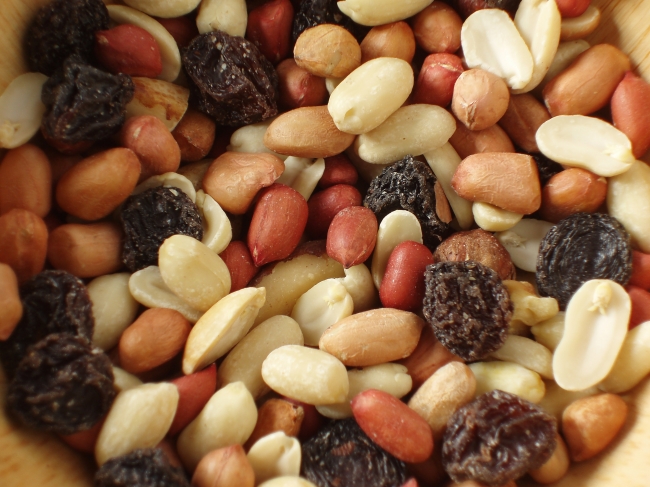
Nuts are always hard to crack. So are they hard to digest, thus, must be avoided when suffering from inflammatory bowel disorder. Resist treats that contain roasted peanuts, nuts, cashews and raw almonds as they cause irritating and release significant amount of heat on digestion. Moreover, the digestion of these nuts becomes a gruesome task for the already weakened digestive system. If you find such treats irresistible, then go for ground nuts and seeds, which if consumed in small quantities won’t do any harm. In addition to these, you can also opt for meager doses of creamy peanut butter, all-natural almond butter, or tahini. These all are great sources of healthy fats and easy to digest if taken in small amounts.
Some fruits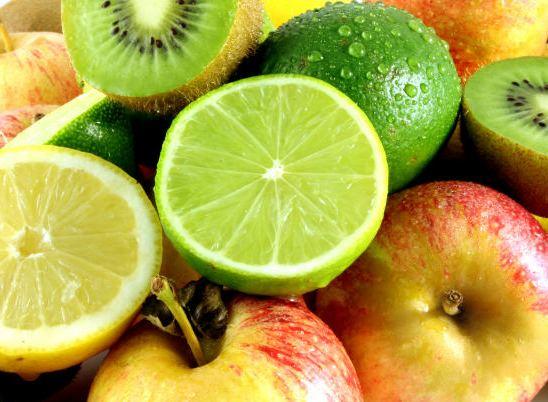
There are some fruits too that have to be avoided when suffering from inflammable bowel disorder. Even if you consume fruits in large quantities, even then you may end with an upset stomach and pain. The main reason behind this phenomenon is that fruits contain sugar which releases heat, thus, must be avoided in a serious flare up. Do not consume acidic fruits as they will make the situation even worse. Fruit juice is no good wither until and unless it is diluted with water. Sugar and other juices present in fruits can upset the pH balance of the intestines and cause digestive cramping and pain.
Some possible irritant foods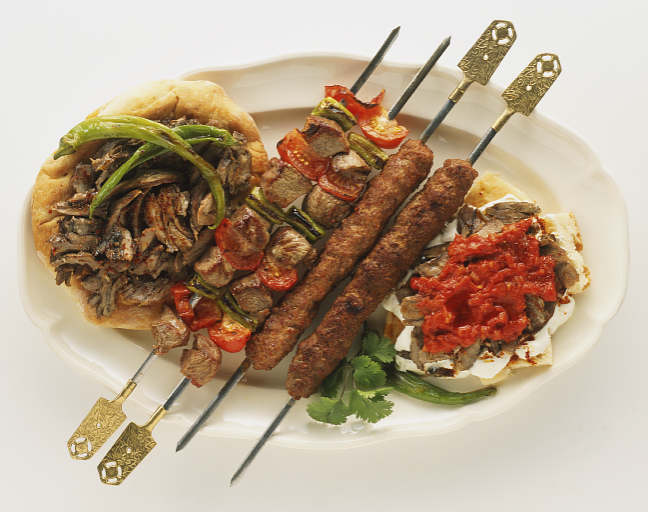
There are some other food items which may cause irritation and worsen your plight in inflammatory bowel movement. The severity of irritation depends upon person to person and their sensitivity towards a particular food. In inflammatory bowel disorder, the sensitivity increases and as the food shoves its way through the digestive tract, concerned person experiences pain and irritation. Dried fruit, skins, pith, nuts, gristle and cheese are some common stable food items that should be avoided. High fiber food is difficult to digest and in this aliment it becomes imperative to avoid the consumption of the same. Also avoid eating spicy food and reduce the salt intake as it can further aggravate your plight. Spices increase the inflammation in the stomach and cause acidity. Salt on the other hand, affects the weakened digestive system and dehydrates the body. Consume lean meat, easy to digest food that have a soothing effect on the stomach.


